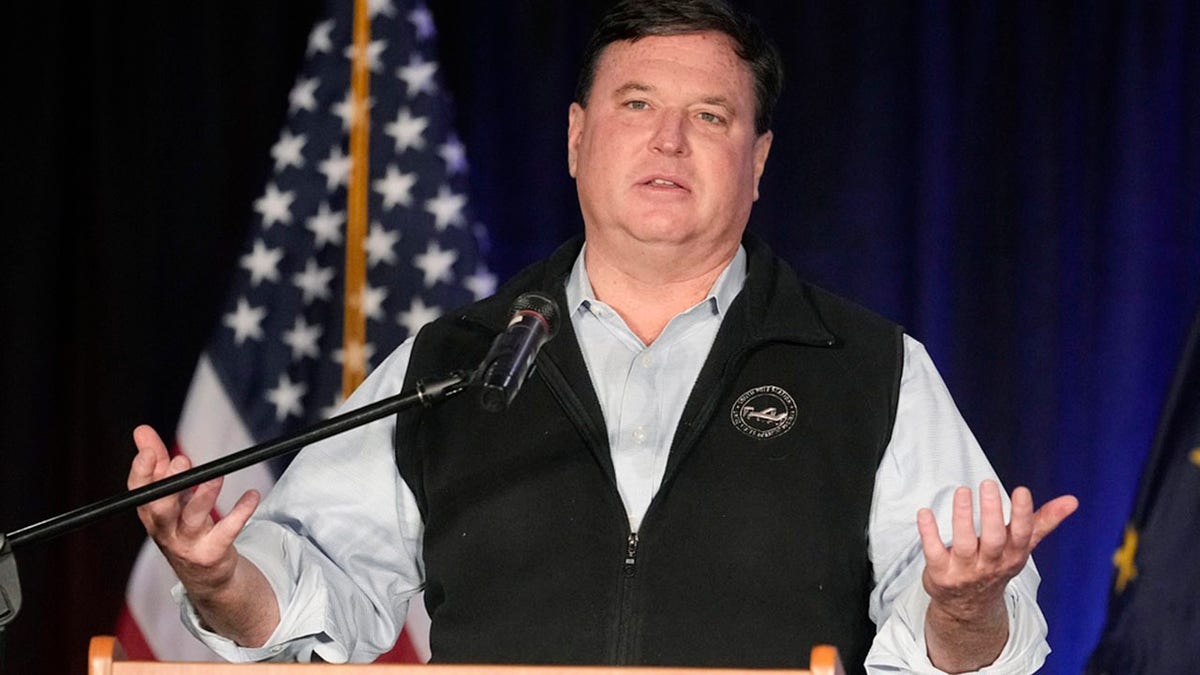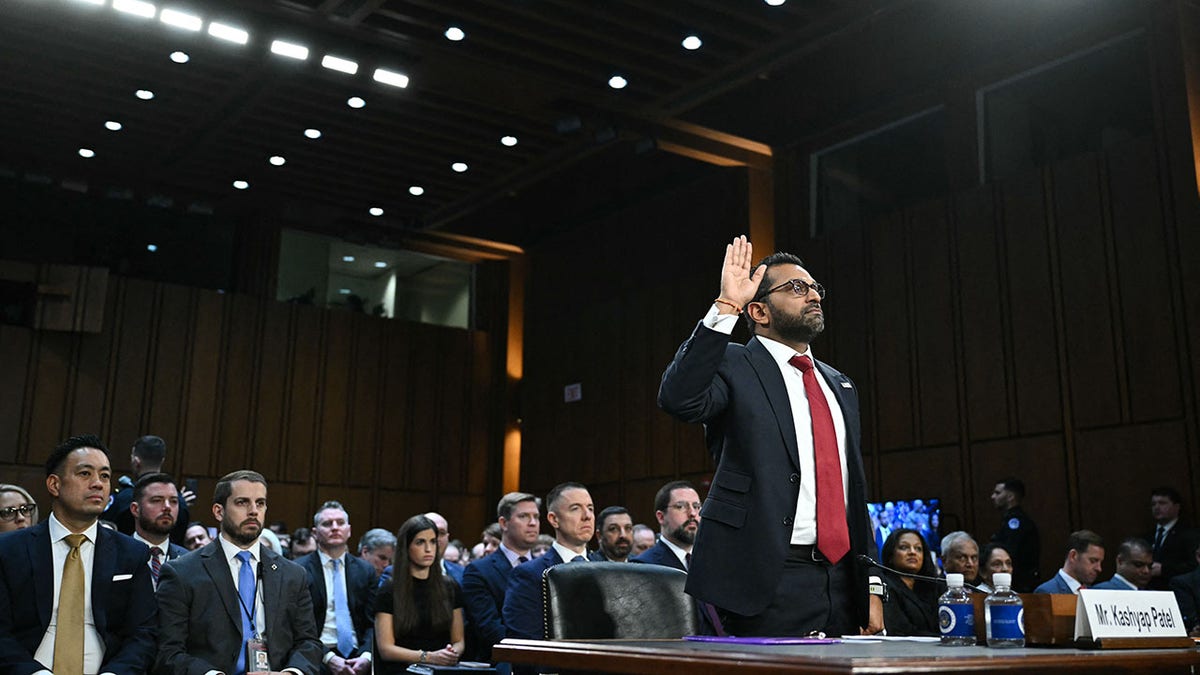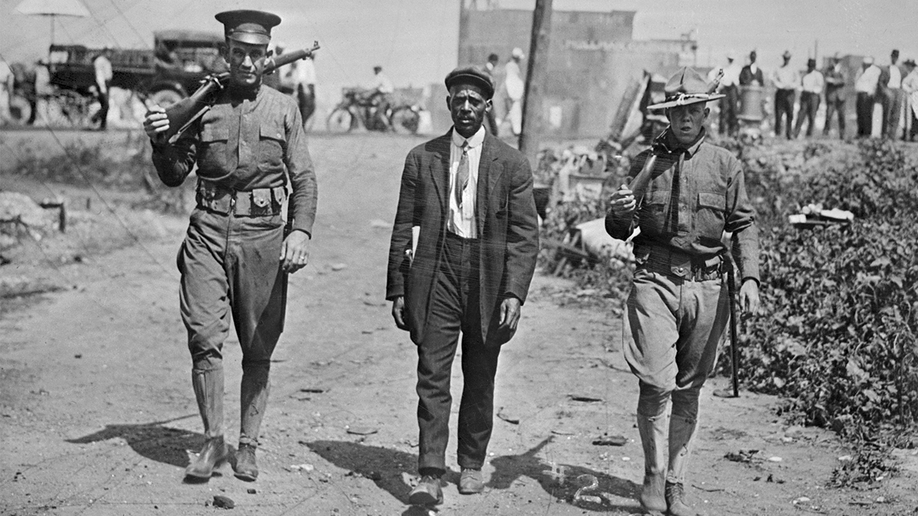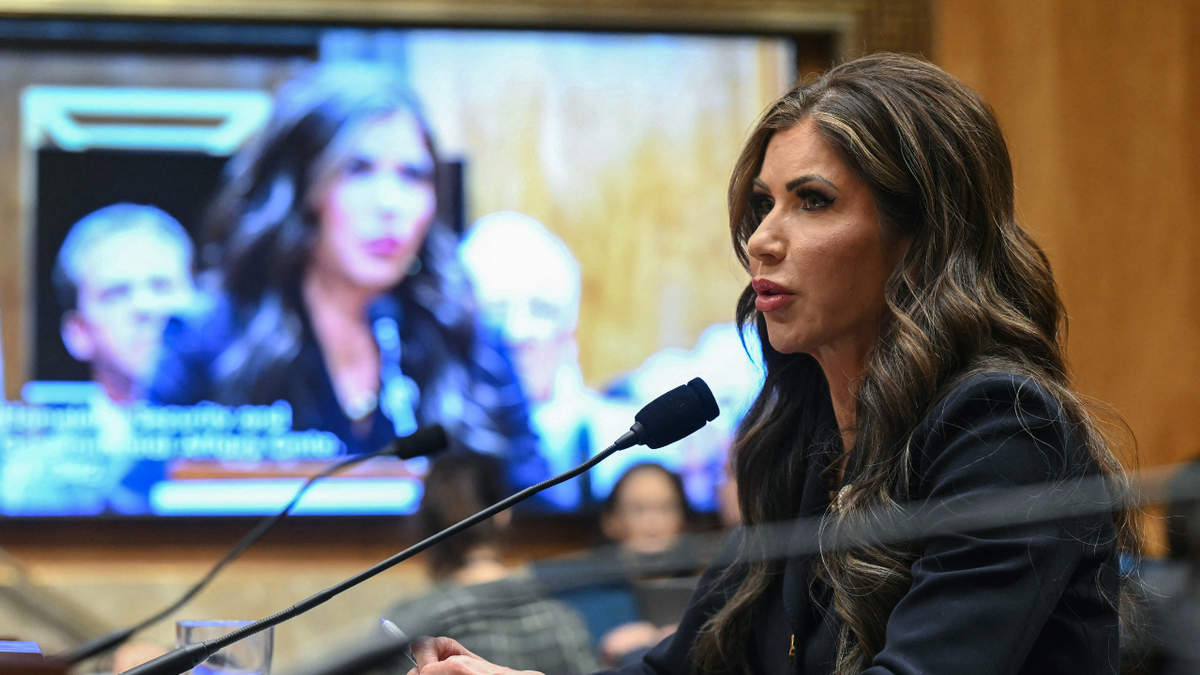Over 90 Vermont school districts have initiated legal action against Monsanto, the chemical giant, alleging widespread PCB contamination in their buildings. This follows a state-mandated testing program for polychlorinated biphenyls (PCBs) in older schools, making Vermont the first state to implement such a measure.
The lawsuit, filed in federal court, aims to recoup the substantial costs associated with PCB remediation. Vermont law requires schools exceeding contamination thresholds to mitigate exposure. The required removal, and potential demolition and replacement of buildings, is projected to cost districts hundreds of millions, potentially billions, of dollars.
PCBs, historically used in various building materials like caulking, sealants, and adhesives, were banned by the EPA in 1979 due to cancer risks. Monsanto denies responsibility, asserting that third-party companies manufactured the PCB-containing materials used in the schools. The company, now a subsidiary of Bayer, emphasizes it hasn't produced PCBs in over 45 years and never directly used or disposed of them in Vermont. Monsanto has requested an emergency hearing, seeking involvement in environmental testing and remediation efforts.
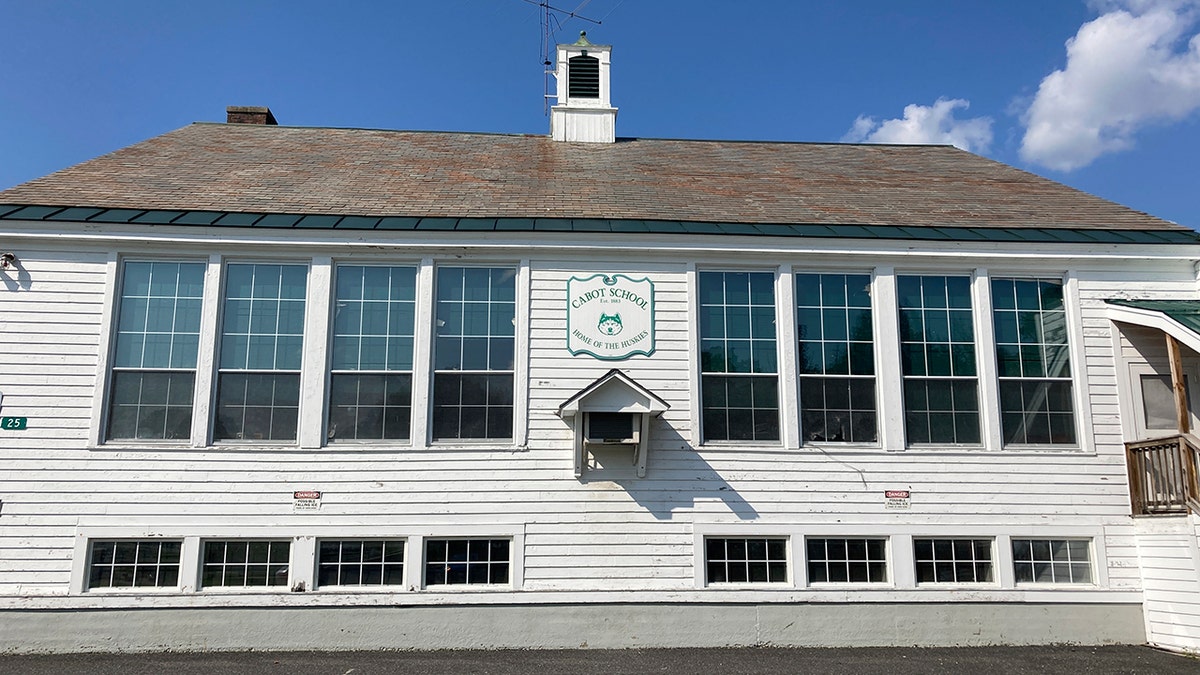
A 2019 Associated Press investigation revealed that millions of PCB-containing fluorescent light ballasts likely remain in U.S. schools and daycare centers. Exposure pathways include inhaling contaminated dust or vapors, ingesting dust through hand-to-mouth contact, and skin contact with PCB-laden materials. The health risks associated with PCB exposure led to the relocation of a Vermont high school to a retrofitted department store while the original building undergoes demolition.
This lawsuit follows a $185 million settlement awarded to three Washington state teachers in 2021 who attributed brain damage to PCB exposure from fluorescent lights in their school. Furthermore, Vermont's attorney general filed a separate lawsuit against Monsanto last month for statewide PCB contamination affecting natural resources like Lake Champlain and the Hoosic River, leading to fish consumption advisories. Monsanto maintains its stance of non-liability in both cases.

